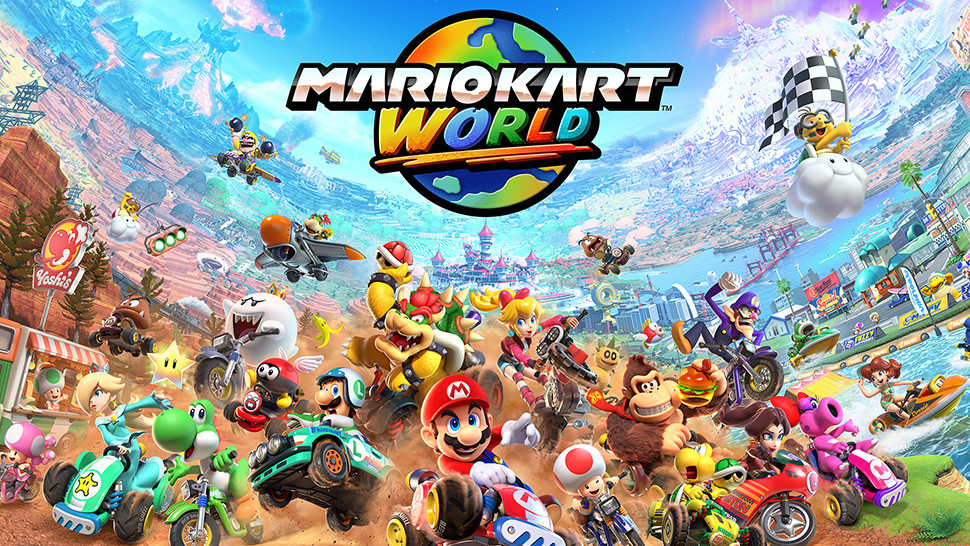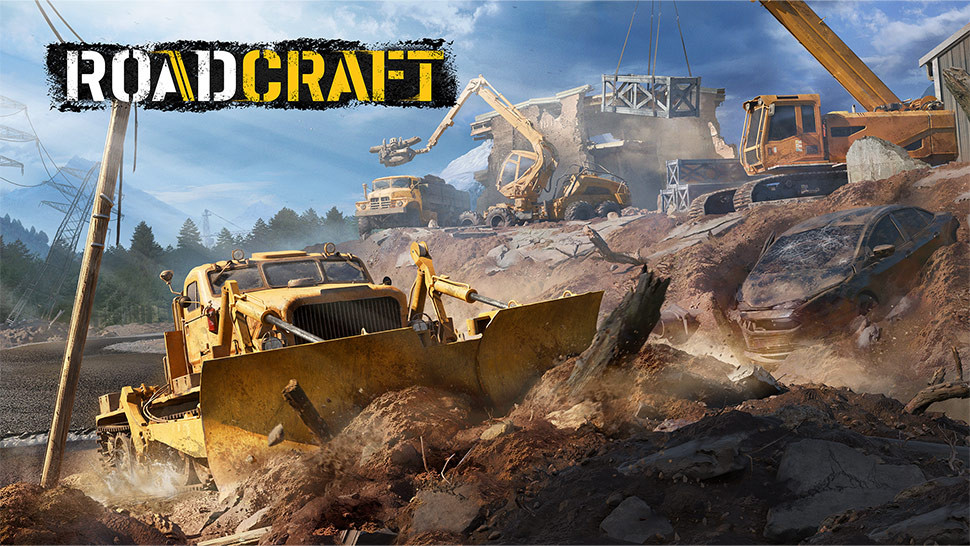The Masterplan Review

 By Kevin Mitchell | Jun 24, 2015
By Kevin Mitchell | Jun 24, 2015
Whether through the use of film or video games, narratives generally feature "good" triumphing against "evil", but there are rare occurrences where you root for the "bad guy" (and I'm not talking about WWE Hall of Famer Razor Ramon). While the original developer of the Payday series, Overkill Software, put players in a cooperative first-person shooter, Shark Punch has opted for a tactical squad-based approach with The Masterplan.
Utilizing a top-down perspective akin to Hotline Miami, the game sets you in the midst of the 1970s, using inspiration from iconic heist and gangster films. The opening sequence sets the mood, as the main character has fallen on hard times and must find his way out of prison. The Masterplan allows for total freedom on how to handle any situation, although I found myself casing the joint before deciding to pull out the firearms. Do you eliminate innocent civilians that are in the wrong place at the wrong time, or do you try and limit the body count?
Your crew only has two members at the start, but knocking over the initial heist, the bodega (called the kiosk), can be tricky if you are not careful. Using both lethal and non-lethal weaponry – you don't even have to fire a single shot – you'll be holding up employees, guards, and those pesky customers. Commanding them is easy, using the same point-and-click controls used to control your own goons. Usually employees are holding required keys used to open a safe or a locked room. Customer pockets are lined with cash, and in The Masterplan every little bit helps. You won't be able to point a gun at them forever, and guards have even less tolerance than civilians, so ensure you have an idea of what you plan to do. Locking them in a backroom is a good way to keep them out of the way, but having them fight each other is a good and effective alternative. Of course, a shotgun blast instantly stops anyone from calling the police, but you'll be paying for cleanup upon completion.
Heists become more complex and harder to pull off as you progress through the game. Unlocking additional locations requires finding notes during previous heists. Starting with simplistic and small locales, such as a bar and the kiosk, means you won't be able to retire to a tropical island anytime soon. Saving up money allows you to purchase additional goons or equipment. Running out of ammunition isn't the end to your life of crime either. As long as you move fast, you can successfully pull off the heists without anyone realizing your guns aren't loaded. You can even use a toy gun to hold people up!
Even the best minds will make mistakes, and The Masterplan includes a slowdown mechanic to help you properly assess situations. Attempting to control two or more situations (and goons) simultaneously makes the use of the mechanic a necessity. The very second I see someone try to make a break for a telephone, I immediately slow the action down to give simultaneous actions to all members of my crew on the heist.
Part of the excitement in The Masterplan comes when plans don't work out. Forget to close/lock a door, keep an eye out for roaming customers, or maybe you walked right through a security camera without realizing it, and you'll be clicking so fast to attempt to salvage a heist gone wild. Nearby phones can summon the police, who will show up in less than two minutes. It is quite possible to outsmart the police and finish the heist, but every move must be carefully calculated. Run for the getaway van without a plan, and your goons will become riddled with bullets.
Simply Put
The Masterplan offers a completely open-ended approach to all of the game's heists, allowing you to return to the locations to test out different tactics. Heists may feel repetitious if you happen to replay them without changing your tactics. I've completed each of the heists multiple times; however, using different tactics each time helped keep everything feeling fresh.
Note: The Masterplan was reviewed on PC. A digital copy of the game was provided by the publisher/developer.




